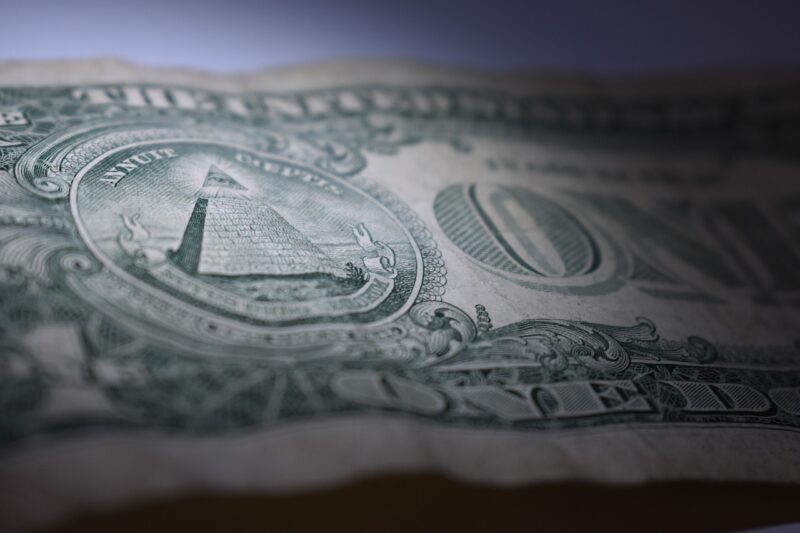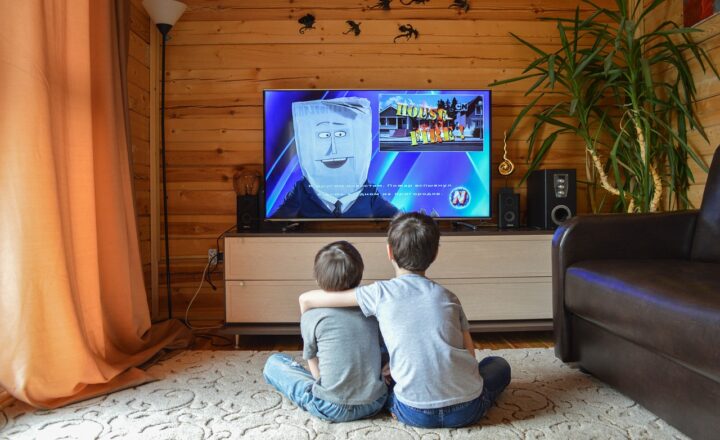Exploring Conspiracy Theories in 2000s TV Shows and Whether They’re True
November 12, 2024

The 2000s were a revolutionary time for television, marked by a surge of innovative shows that captured the imagination of viewers across the globe. From crime dramas to supernatural thrillers, the era produced a vast array of content, some of which delved deep into the realm of conspiracy theories. Fans eagerly dissected the plotlines, speculations, and hidden messages, often debating the plausibility of the theories presented. In this article, we will explore some of the most prominent conspiracy theories found in 2000s TV shows and analyze whether they hold any truth.
1. The Rise of Conspiracy-Laden Shows
The 2000s saw the emergence of several iconic television series that intricately wove conspiracy theories into their narratives. Shows like “The X-Files,” “Lost,” and “The Sopranos” not only entertained but also sparked discussions surrounding real-world conspiracy theories. This era of television played a significant role in popularizing these notions, inviting viewers to question commonly accepted beliefs and explore the hidden truths that lay beneath the surface.
Why Conspiracy Theories Resonated:
– Cultural Context: The events of September 11, 2001, shifted public perception and fueled mistrust in government institutions. This environment created fertile ground for conspiracy theories to flourish.
– Community Engagement: Online forums and social media allowed fans to share their theories and interpretations, building a community around these captivating narratives.
2. Iconic Shows and Their Conspiracies
Let’s take a closer look at some of the most notable 2000s TV shows that featured conspiracy theories and their reception by audiences.
2.1 “The X-Files” (1993 – 2018)
Although it began in the 90s, “The X-Files” experienced a resurgence in the 2000s with its unique premise centering on paranormal phenomena and government cover-ups. The show explored themes of alien abductions, secret government experiments, and the existence of extraterrestrial life.
Core Conspiracy Theories:
– The Existence of Aliens: The idea that governments are concealing evidence of extraterrestrial encounters.
– Government Surveillance: The notion that agencies like the FBI and CIA monitor civilians.
Truth or Fiction?: While some elements of the show can be dismissed as fiction, instances of government surveillance and covert operations were later unveiled through whistleblowers and leaked documents, adding a layer of complexity to the debate.
2.2 “Lost” (2004 – 2010)
“Lost” captivated audiences with its puzzling narrative, set on a mysterious island filled with enigmatic phenomena. The show encouraged viewers to theorize about the island’s origin, the significance of numbers, and the presence of a nefarious organization known as the Dharma Initiative.
Core Conspiracy Theories:
– Time Travel and Alternate Realities: The idea that characters were entangled in time loops and alternate dimensions.
– The What the Island Represents: Theories suggested the island was a metaphor for purgatory or a scientific experiment.
Truth or Fiction?: While the actual narrative was fictional, the scientific theories of quantum mechanics and parallel universes resonate with real-world physics, offering some interesting, albeit stretched, connections.
2.3 “The Sopranos” (1999 – 2007)
“The Sopranos” redefined the crime drama genre by delving into the psychology of its characters rather than focusing solely on the action. The series aired during a time of increased interest in organized crime and corruption, leading to conspiratorial theories about the authenticity of its portrayal of mob life.
Core Conspiracy Theories:
– Real-Life Connections: Many believed that the series showcased real-life mafia tactics and secrets.
– Personal Experiences of Creator David Chase: Some theorized that the content was based on Chase’s own interactions with organized crime.
Truth or Fiction?: While some aspects of the show were influenced by real events, it is primarily a dramatized portrayal. Nonetheless, tales of organized crime often involve vast networks of deception, promoting a belief in conspiracies.
3. The Aftermath: How These Theories Influenced Real-World Perceptions
The influence of conspiracy theories from 2000s television extended beyond entertainment. Viewer engagement led to an increased interest in real-world issues, spurring curiosity and skepticism about institutional narratives. Some possible outcomes include:
– Increased Skepticism: As viewers absorbed these narratives, many became more critical of media and government. This questioning attitude has influenced how people approach news today.
– Conspiracy Culture: The rise of online communities focused on discussing and dissecting these theories contributed to the widespread “conspiracy culture” evident in modern society.
Society at a Crossroads: It’s essential to recognize the balance between constructive skepticism and harmful misinformation. While questioning authority is vital for a healthy democracy, spinning unfounded theories can lead to dangerous consequences.
4. Conclusion: Are These Theories True?
In exploring conspiracy theories in 2000s TV shows, one must draw a distinction between fiction and reality. While various elements of truth can be found throughout these narratives, they largely serve as entertainment rather than fact. Nonetheless, they reflect cultural anxieties and societal questions about authority and truth.
As we continue to engage with these stories and theories, it’s essential to approach them with both curiosity and critical thinking. Viewers must discern the line between encouraged skepticism and unfounded conspiracy, ensuring that they can appreciate storytelling without losing sight of reality.
If you find yourself drawn to the conspiracy theories of yesteryear, remember to question critically and seek the truth beyond the screen.







